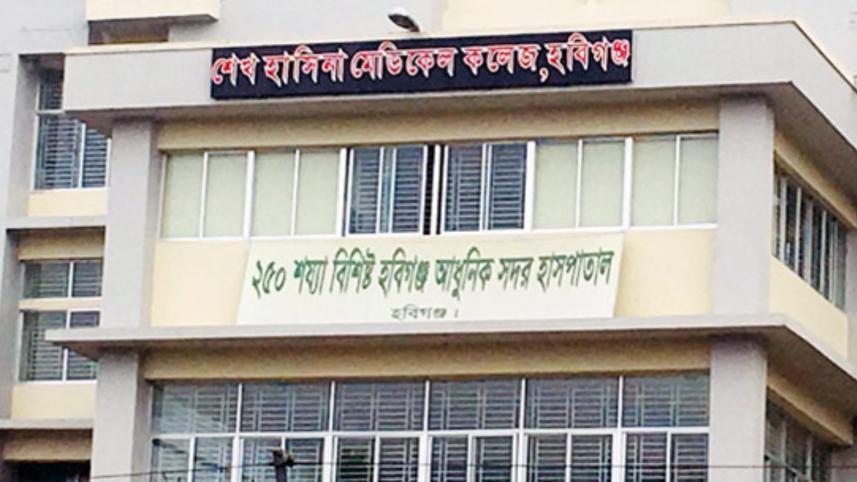Another case of embezzlement in the healthcare sector

A report published in this newspaper sheds light on the recent enquiry by the Anti-Corruption Commission (ACC) at Sheikh Hasina Medical College in Habiganj. It was revealed that the principal of the college, along with two other suppliers, pocketed nearly Tk 3.43 crore back in 2018 through inflating prices of items purchased. The ACC filed two separate cases against the principal and the two other proprietors.
On May 15, 2018, according to the case statement, the principal floated tenders in two packages for medical and sports equipment, chemical reagents, furniture, computers and books without following an annual procurement plan, and later awarded the tenders to two suppliers. Unlike the usual snail's pace at which such processes are completed, this time the products were supplied, and bills approved and paid for very speedily, which raised suspicions. By inflating the price of each and every product—various types of microscopes, LED TV and A/C, digital weighing machines, books and journals, etc—by multiple folds, the named culprits managed to embezzle nearly Tk 3.43 crore.
We commend the ACC for unraveling this shameful scam and for taking steps against those involved, but it also reveals the level of corruption in these institutions where accountability seems to have disappeared completely. How could such bills be approved when the prices were so obviously inflated? It's a shame that funds that were intended for a rightful purpose, were deliberately misdirected in order to maximise the benefits of an authority figure and his cohorts.
Obviously, the hyped up prices were "overlooked" to serve the interests of certain individuals. In fact, this seems to be a theme oft repeated in many of our public institutions. Time and again, we read reports in the paper of procurement of equipment or machines at exorbitant prices. It begs for greater monitoring by the government and basic accountability of these institutions. If these institutions were properly audited and their procurement activities monitored, such large scale corruption could not have occurred. Unfortunately as we have seen, there is rampant corruption in both public and private institutions. That this should happen in the health sector and continue even during this pandemic when all healthcare resources are overstretched, is indeed an added tragedy. It is reassuring that the ACC is going after these fraudulent activities, but the government must install efficient oversight of all such institutions where public procurement entails large sums of money.



 For all latest news, follow The Daily Star's Google News channel.
For all latest news, follow The Daily Star's Google News channel.
Comments